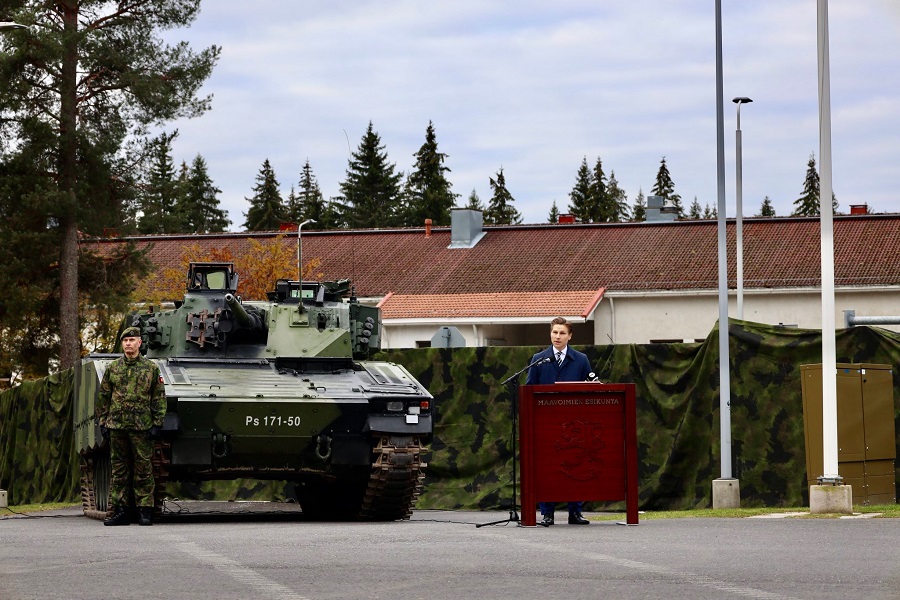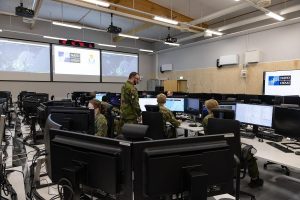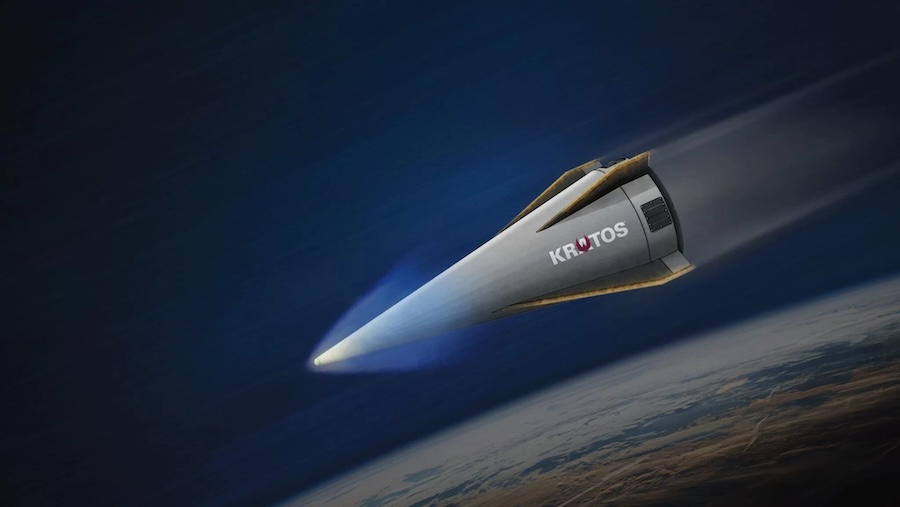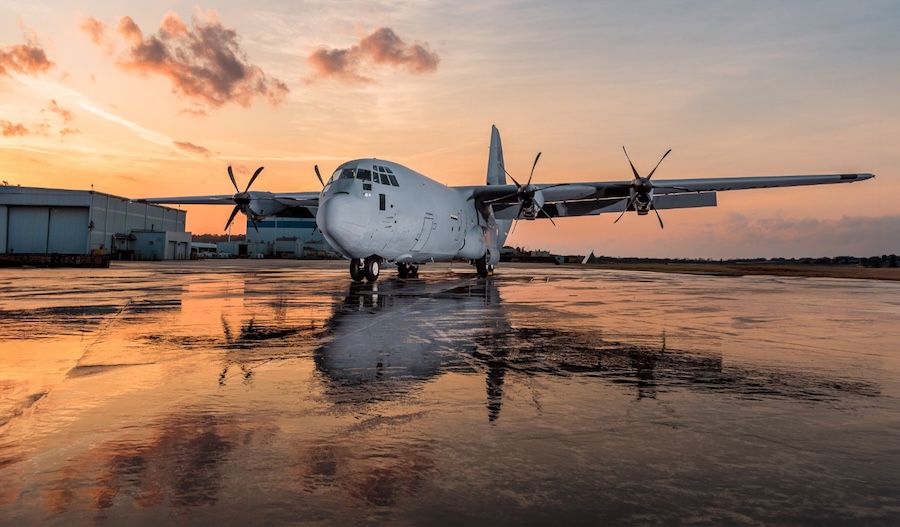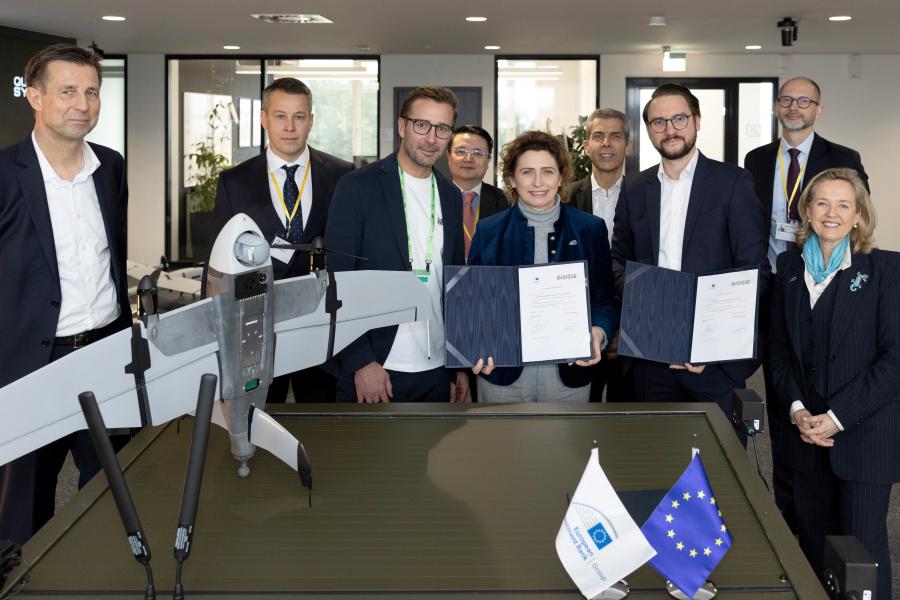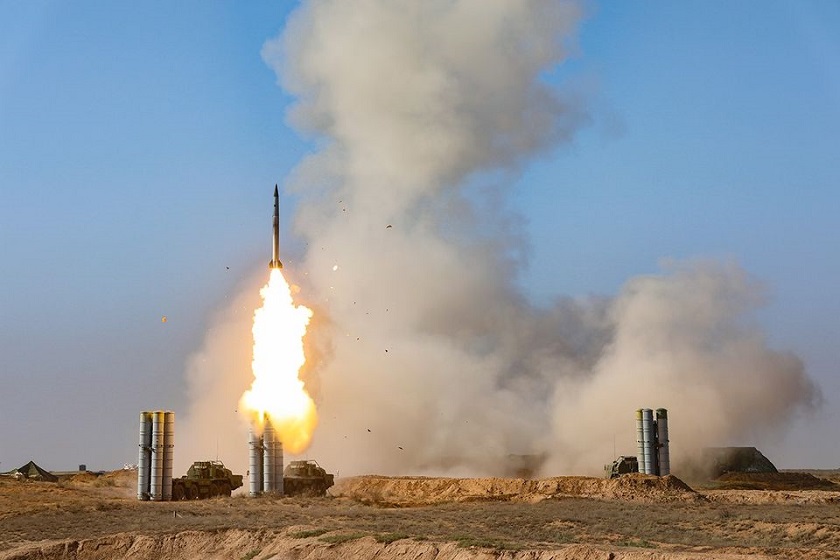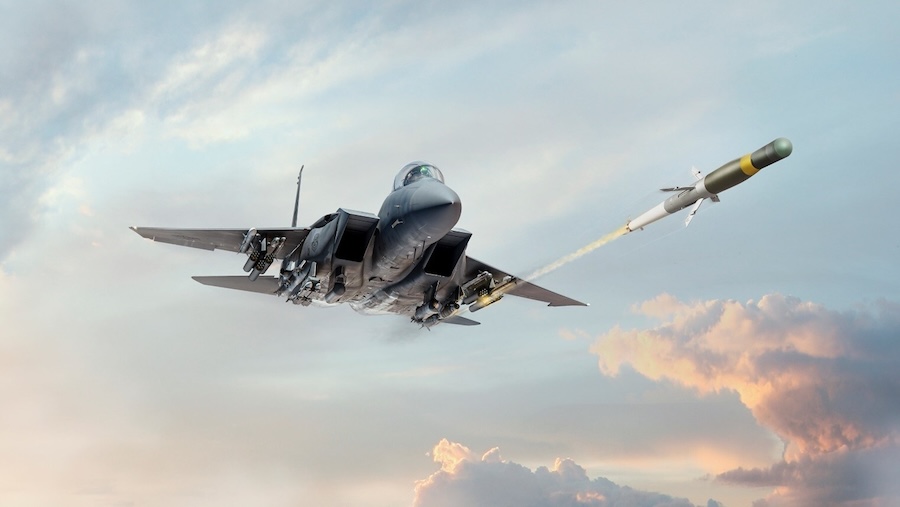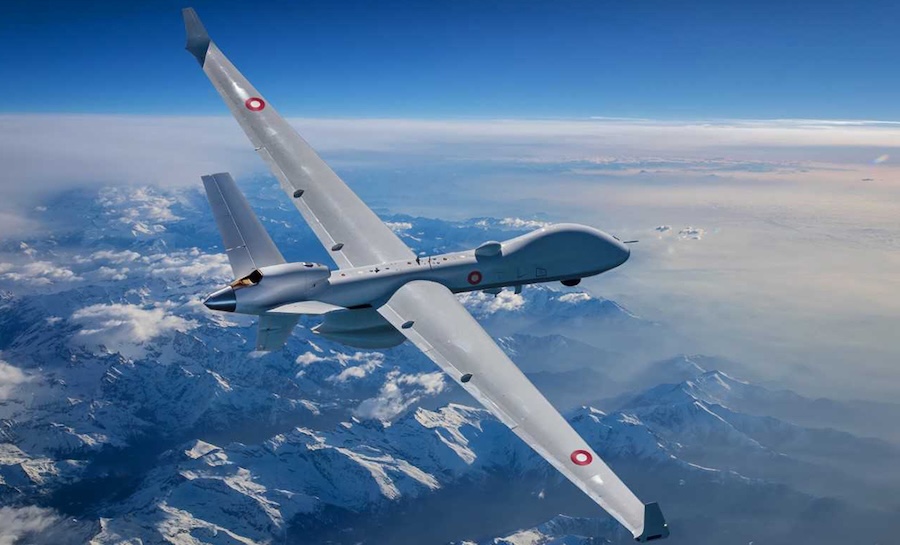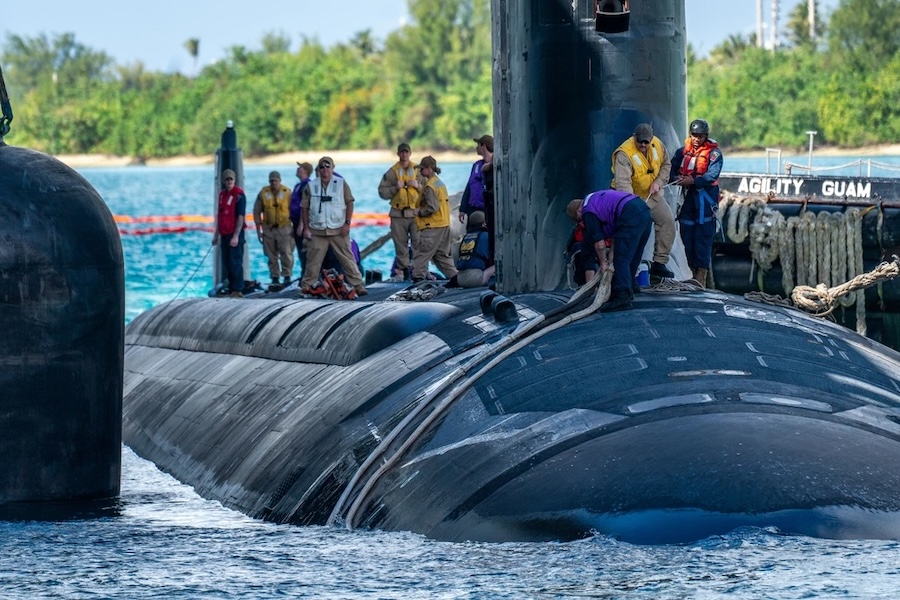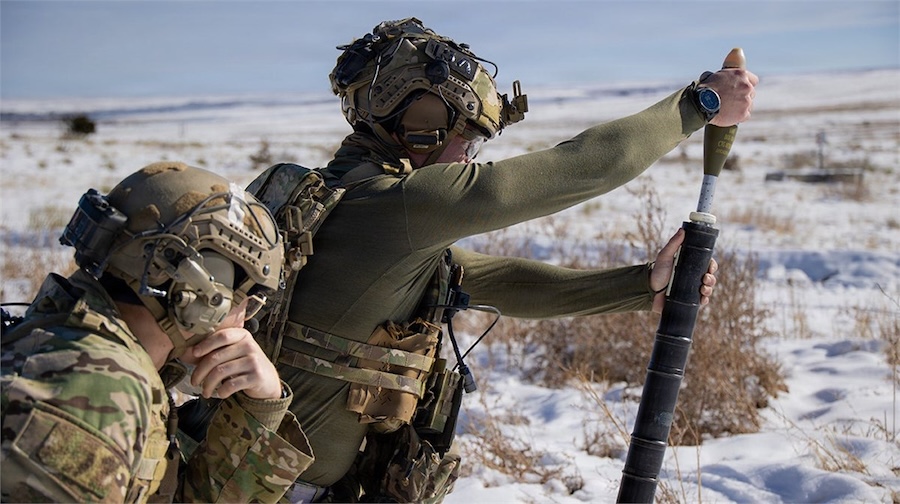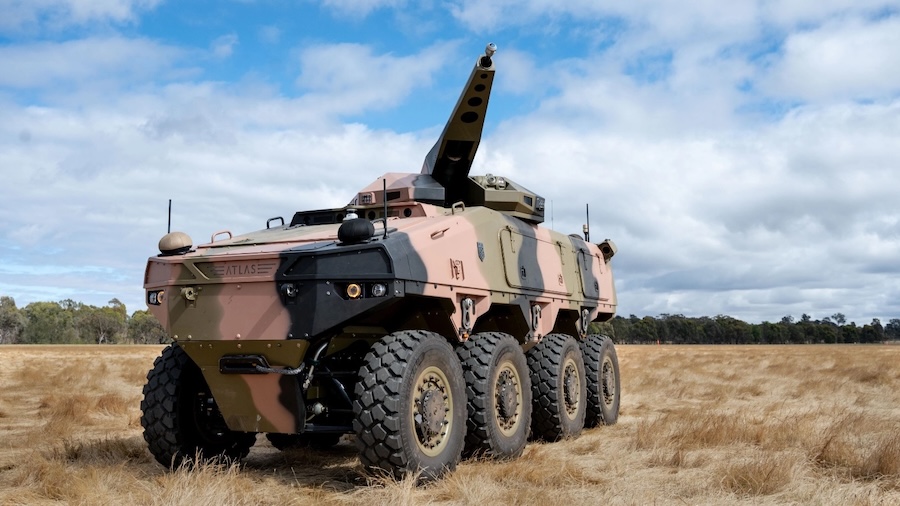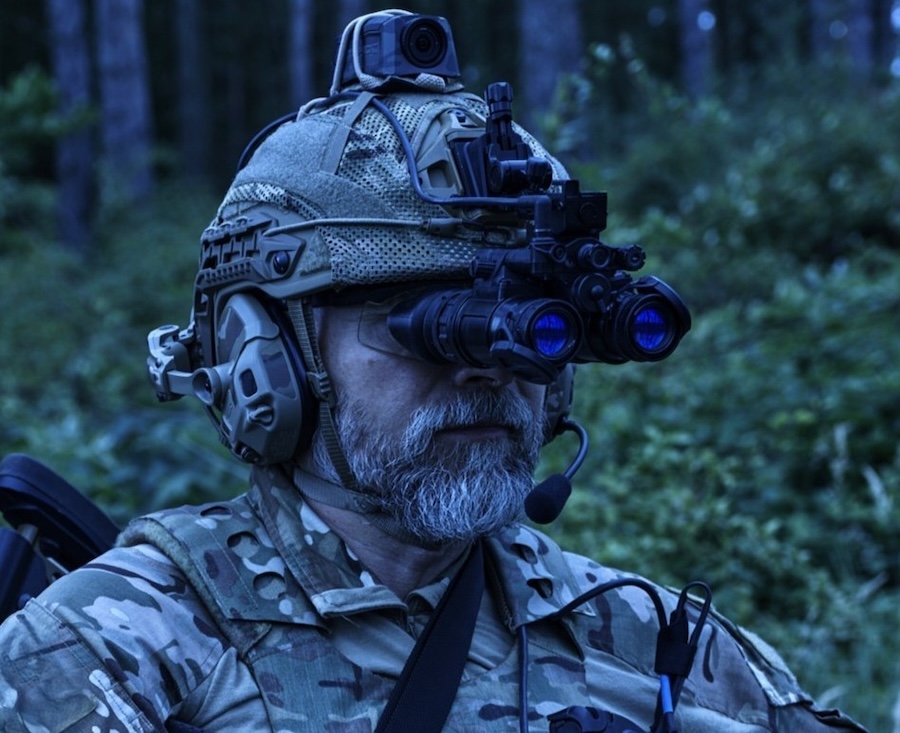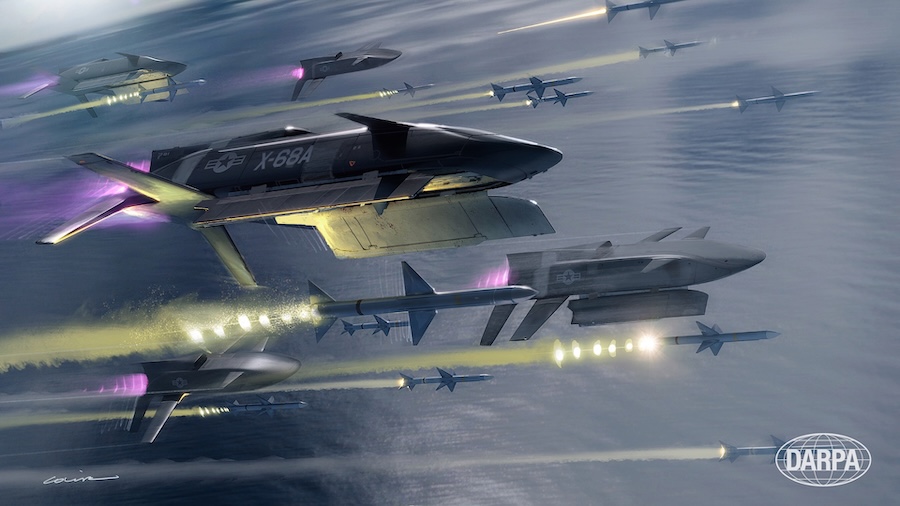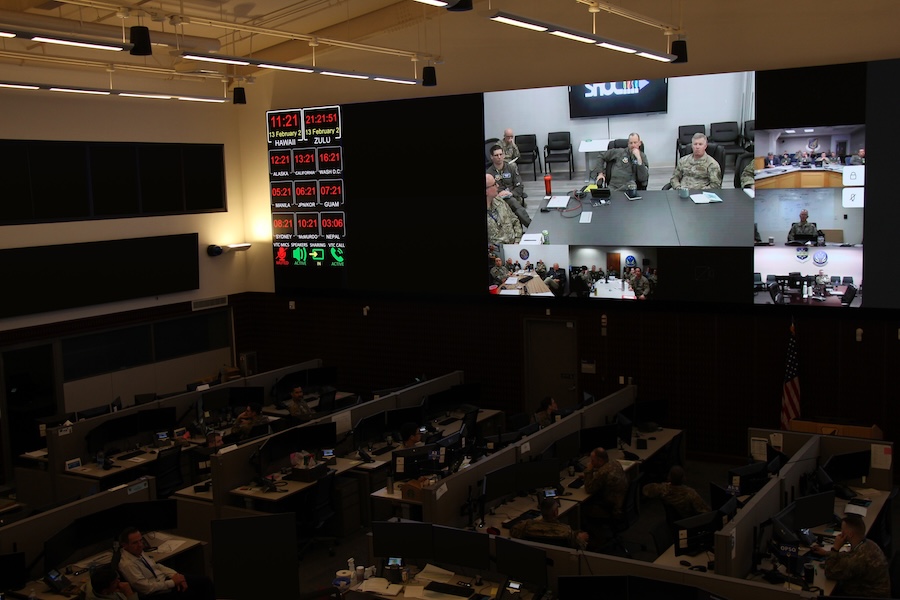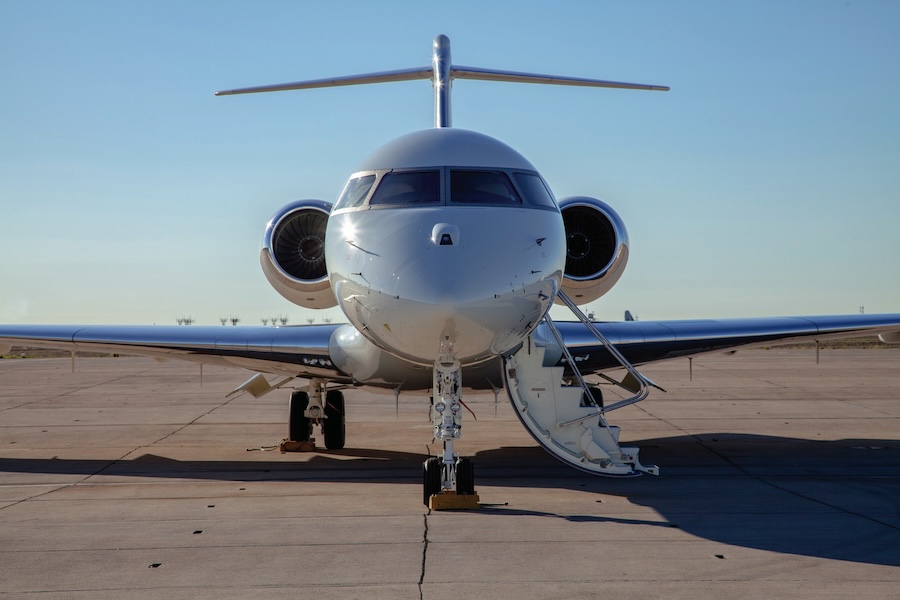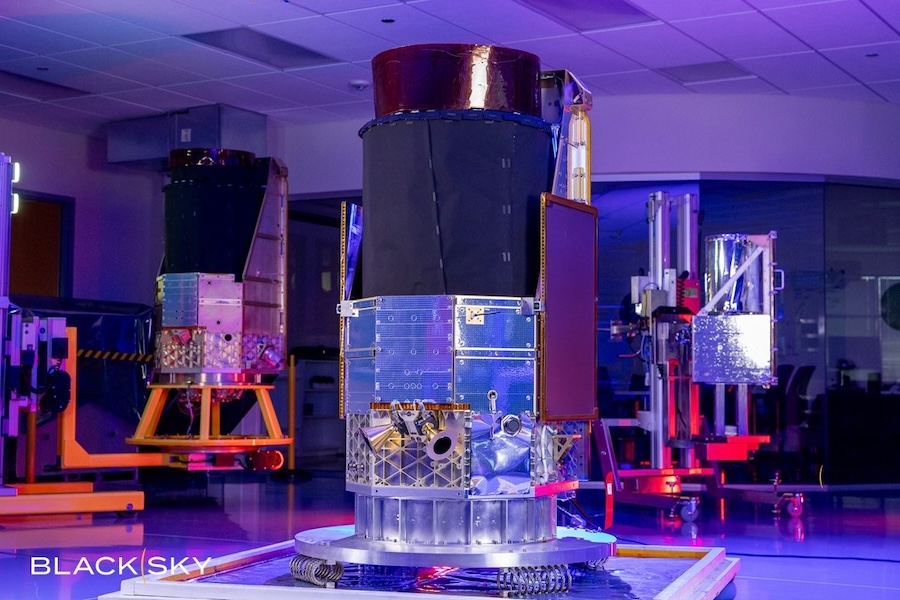MCLCC-N is part of NATO’s Force Structure under the Joint Force Command in Norfolk, USA, and has been established on the basis of Finland’s national Army Command. It currently includes 10 NATO staff officers, with plans to expand to 50.
“This is a historic day for Finland, NATO and Mikkeli,” said Finland’s Minister of Defence Antti Häkkänen during the opening ceremony. “Russia will be a long-term threat to Europe and Finland,” he added, noting Finland’s NATO membership followed Russia’s attack on Ukraine.
Finland’s aim to host a NATO sub-command was first set in autumn 2023, and formally approved at the NATO Defence Ministerial in June 2024. “Now, just over a year later, we are opening the headquarters in Finland,” Häkkänen said.
He noted the speed of the process highlighted three key points: “First of all it underlines that Finland is a security provider and taking active role in the defence of the Northern Flank in NATO. Secondly it underlines that Finland and our expertise is highly trusted and followed in the Alliance… Thirdly all this underlines that NATO is fully committed to North and ready to make rapid actions when required.”
The MCLCC-N will operate at a basic level of readiness in peacetime, focusing on planning and commanding joint exercises and other activities. “In emergency conditions, it would plan, command and control land operations and defence in the North,” Häkkänen said, calling the MCLCC “one of the key elements of NATO’s deterrence and defence in the North-Eastern Flank of NATO’s.”
He emphasised Finland’s preparedness as a key enabler: “Being prepared is something that we Finns have in our minds set and in our spinal,” he said. “You can feel and see this preparedness here in Mikkeli region.”
Häkkänen also referenced the city’s historic role during the Second World War: “The City of Mikkeli has a special place in every Finns heart and mind. Mikkeli was the headquarters city during the Second World War.” He added: “This period left an unforgettable mark to our common memory and history. A small nation was fighting for its existence against a ten times larger brutal attacker.”
Allied Forward Land Forces (FLF) are expected to be deployed to Lapland by the end of 2025, in Rovaniemi and Sodankylä. Sweden will be the framework nation, providing the core of the unit with the 19th Arctic Mechanised Brigade (Norrbotten), while Norway and Denmark will send smaller detachments, and Iceland, France, and the UK are likely to contribute staff officers.
Although the FLF in Finland could expand to brigade strength in wartime, the majority of Swedish troops will remain in Boden during peacetime. In the event of conflict, the FLF brigade will integrate into a Finnish division responsible for Arctic defence.
NATO structures supporting the northern flank are also under development in other Nordic countries. Sweden is tasked with establishing a Joint Logistics Support Group Headquarters in Enköping by 2027, which will expand from 70 to 160 personnel in wartime.
A signal battalion headquartered in Denmark with companies across the Nordic region is expected to reach full operational capability by 2029. This will be NATO’s fourth unit of its kind.
To support air operations, NATO will open a Nordic Combined Air Operations Centre (CAOC) in Bodø, Norway, by the end of 2025. The centre will oversee planning, command, and coordination of allied air missions across Northern Europe.
Häkkänen stressed the broader significance of the changes under way: “NATO’s Northern Flank will be stronger than ever.” He concluded by welcoming NATO personnel to Mikkeli: “We want to ensure you have all you need to do your important task here in Finland, which greatly contributes to the security of the whole alliance and hence also your own families and loved ones.”
He also acknowledged the role of families: “Without your commitment the success of MCLCC would not be possible.” Describing Finland as “a great and happy place to live,” Häkkänen added, “We are the happiest country now eight years in a row.”
Reflecting on his personal connection to the region, he said: “My own home is just 30 minutes’ drive from here. I have the courage of saying that I know most of the forests, lakes, small roads and swamps in this region and along our eastern border.”
He closed with appreciation for those now serving in MCLCC-N: “Our common goal of defending Europe is very demanding, and I truly appreciate your professionalism and devotion.”


